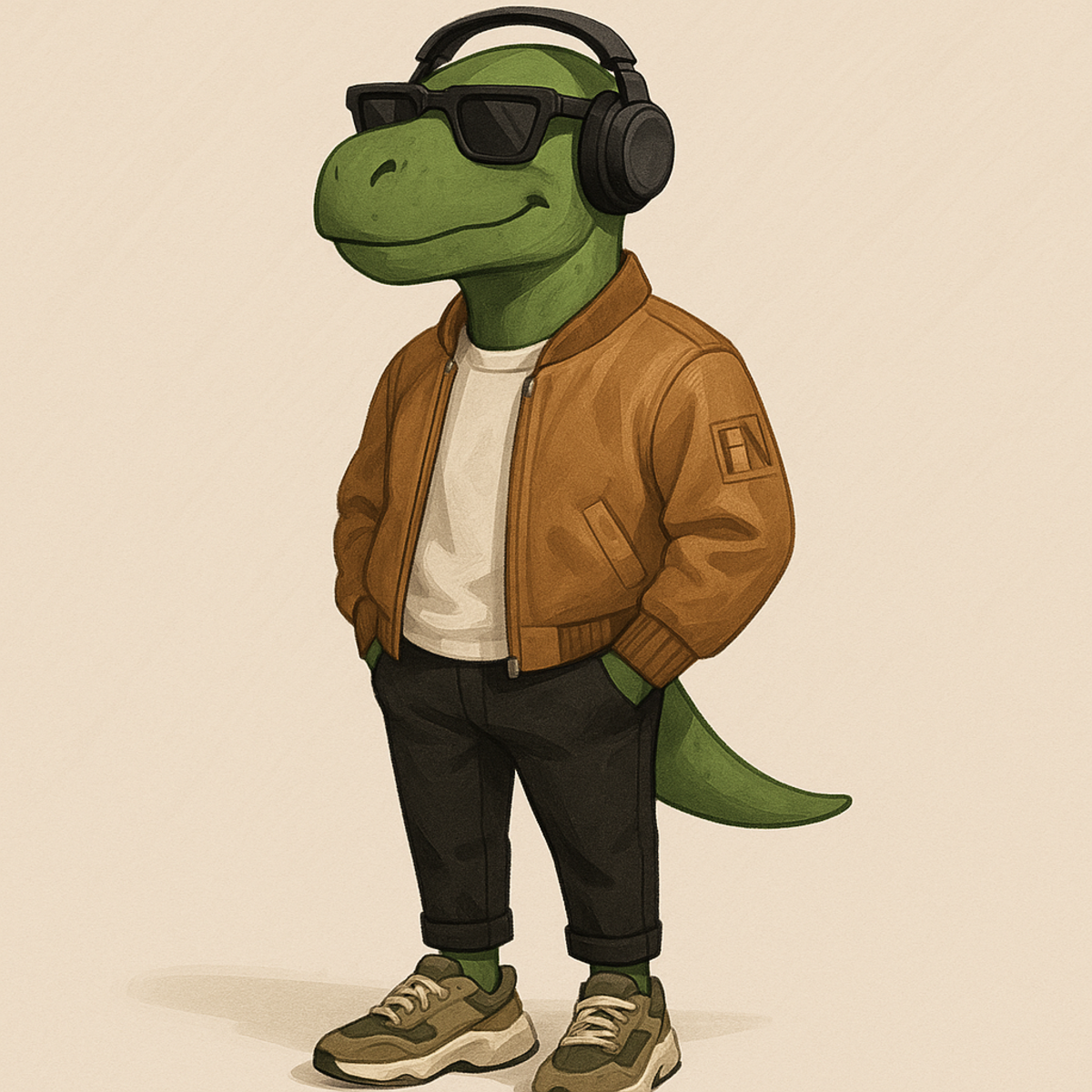It’s not about gaming Google anymore.
Fashion shoppers are now asking ChatGPT, Perplexity, or Gemini:
“Which brands do the best linen shirts?”
“What’s the most innovative label in Indian streetwear?”
“Who leads in AI-driven design?”
But here’s the catch:
If your brand isn’t showing up in these AI-powered answers, you’re missing out on a new wave of digital-native customers—shoppers who skip the search bar and trust the chatbot.
Inside this issue:
✅ How AI “thinks” when recommending brands
✅ 6 behind-the-scenes factors that make (or break) your chances
✅ A simple, actionable playbook for getting visible in LLMs
✅ The quickest fix you can deploy this week for more recommendations
🕒 Read time: 2 minutes—about the time it takes to pick out a shirt..
Recommended by ChatGPT: The Next Big Battleground for Fashion Brands
Why getting picked by AI is the new SEO—and how smart brands are owning the digital shelf.”

Not long ago, brands fought for Google rankings, influencer shoutouts, and magazine features.
Now? You want your name to pop up first when someone asks an AI, “What’s the best brand for [your product]?”
This is the new digital shelf—and the competition hasn’t even realized it’s here yet.
How ChatGPT Picks Its Winners
What does ChatGPT (or any AI) really use to decide who gets recommended?
1.Schema Markup and Structured Data:Brands with clean Product, Organization, FAQ, and Review schema are more likely to surface.
2.Authentic Reviews:AI looks for credible, detailed, and recent reviews from trusted sites or blogs—not just testimonials on your site.
3. Media & List Mentions:“Best of” lists, blog features, and media mentions act as third-party validation.
4. Rich, Conversational Content:Detailed, natural-language product descriptions, FAQs, and blog answers perform best.
5. Up-to-Date Information:Outdated stock, dead links, or old content can knock you off the radar.
6. Consistent Brand Voice: The brands that show up repeatedly (in reviews, press, guides) get “learned” and recalled by AI.
The Fashion Brand’s Playbook: Get Recommended by ChatGPT
Step 1: Audit Your “AI Shelf”
Pretend you’re a shopper: Google your products, then ask ChatGPT, Gemini, and Perplexity the same question.
Take notes: Who shows up and why? What’s missing from your site or profile?
Step 2: Level Up Your Product Pages
Add Product, Review, and FAQ schema to your top product and category pages.
Update product descriptions to answer real shopper questions—think beyond just features.
Step 3: Build Social & Third-Party Proof
Actively collect reviews on Google, Trustpilot, and with micro-influencers or fashion bloggers.
Pitch to “best of” lists, roundups, or guest posts in your niche.
Step 4: Make Your Answers Public
Publish FAQs, comparison guides, and how-to content in plain, conversational language.
Address sizing, care, shipping, returns—anything a real shopper would ask.
Step 5: Monitor, Iterate, Repeat
Regularly check which brands AI tools are recommending in your space.
Update your digital shelf every time you launch a new product or receive new press.
Final Stitch
If fashion is about standing out, your digital strategy should be too.
Getting recommended by ChatGPT isn’t just a tech hack—it’s the next power move for brands that want to own the conversation before anyone else knows where it’s happening.
Structure your story, own your data, and make it effortless for AI to put your brand in the spotlight.
Because the next time someone asks,
“Who’s leading the new wave in fashion?”
—the answer should be you.
Swipe File (Real tactics used by real brands)
Pangaia’s AI-Optimized Product Pages
What’s happening:
Pangaia, a science-driven fashion label, has quietly focused on making their product pages ultra-readable—for both humans and AI. They use detailed schema markup, real customer reviews, and answer common questions right on the product page. Every detail, from fiber origin to care instructions, is clear, specific, and search-friendly.
Real result:
Pangaia consistently appears in “best of” lists and is frequently recommended in AI-generated guides for sustainable basics—despite being much younger than legacy brands. Their pages are shared as reference examples for “AI-ready” product data.
Steal this:
Even if you’re not Pangaia, start by adding FAQ sections and authentic customer reviews to your top product pages. Use Shopify or WooCommerce schema plugins, and update your product descriptions to answer the exact questions your real customers ask. This is the single fastest way to become “findable” (and recommendable) in AI-driven searches.
The Runway Reel
Some of your fav influencers are now AI generated.
Tool Time
AI Tool of the Week: Merkle Schema Markup Generator

What it is:
Merkle Schema Markup Generator is a free, widely used online tool that helps fashion brands add structured data (schema) to their product and FAQ pages in minutes—no coding expertise required.
Why it matters:
Unlocks AI Visibility: Schema markup is the backbone for LLMs like ChatGPT and Perplexity to “read” and recommend your products accurately.
No Developer Needed: Generate JSON-LD code for product, review, and FAQ schema instantly—just copy, paste, and go live.
Supports All Major CMS: Works with Shopify, WooCommerce, Magento, or custom sites.
Proven impact:
Brands using schema markup consistently report improved organic search visibility, richer Google snippets, and, increasingly, a higher chance of being cited by AI in shopping and recommendation queries.
Adding FAQ schema can improve answer rates in both Google and AI chats.
Bonus tip:
Start with your best-selling product page. Add schema for product, reviews, and FAQs—then ask ChatGPT to recommend “the best [product]” in your category and see if you appear.
I Found this interesting, thought will share it with you
A Final Note
Fun Fact
The world’s first digital supermodel, Shudu Gram, has more Instagram followers than many real-life runway models—and was once booked for a beauty campaign by Fenty, Rihanna’s brand, entirely through DM and AI-generated visuals.
What started as a CGI side project is now a multi-brand ambassador with real-world impact—proof that in 2025, a model doesn’t even need a passport (or a pulse) to land global campaigns.
Let me know what you thought of this edition.Until next time,




